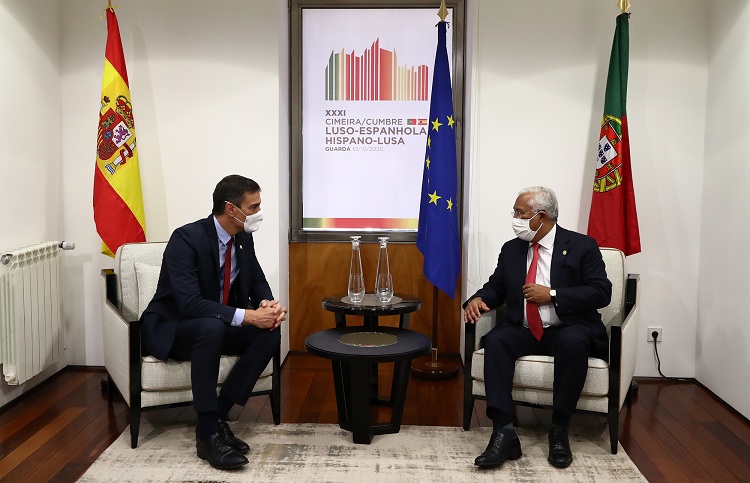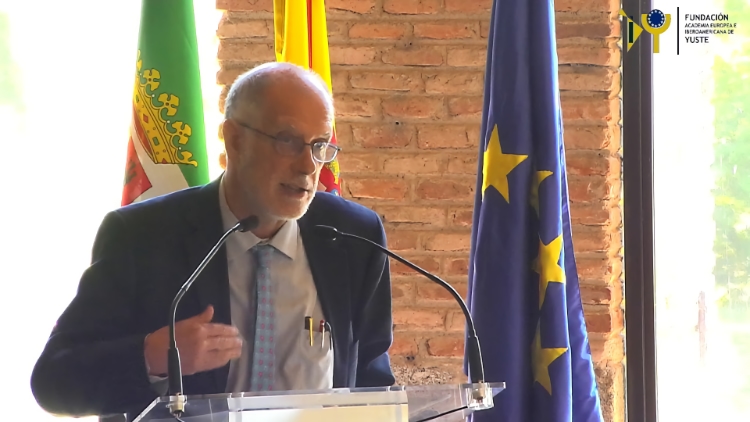The Diplomat
The Council of Ministers yesterday authorized the signing of the Treaty of Friendship and Cooperation between the Kingdom of Spain and the Portuguese Republic, which will be signed tomorrow in Trujillo (Cáceres) on the occasion of the celebration of the XXXII Bilateral Hispano-Portuguese Summit.
At the XXXI Summit, held on October 10, 2020 in Guarda, the Governments of Spain and Portugal affirmed their intention to update the Treaty of Friendship and Cooperation in order to respond to “the growing density and depth of bilateral relations and reflect the full extent of their strategic and multidimensional relationship”. To fulfill this commitment, the two governments have negotiated a new Treaty of Friendship and Cooperation which renews, but does not abrogate, the Treaty currently in force, signed on November 22, 1977. The new Treaty, according to the Council of Ministers, establishes “a framework for the bilateral relationship between Spain and Portugal that is more adapted to the reality of the 21st century than the one signed more than four decades ago”.
The objective of the agreement is the deepening of cooperation and strategic coordination, including cross-border cooperation and cooperation with outermost regions, in the face of the new challenges of a globalized world, “all oriented towards social justice, welfare and progress of our peoples”. It also reflects the commitment of the two countries “in the European construction embodied by the European Union”, their “Atlantic vocation, expressed through their membership in the Ibero-American Community of Nations”, relations with Africa and the Mediterranean and the defense of multilateralism based on the central role of the United Nations.
The text also defines the instruments of political cooperation and the structures of consultation and cooperation that structure bilateral relations and includes, for the first time in an international agreement, the holding of annual bilateral summits presided over by the Heads of Government, as well as the establishment of a body to follow up on the commitments assumed at the summits. It also provides for annual meetings of the Ministers of Foreign Affairs and Defense, parliamentary cooperation and the promotion of structured mechanisms for dialogue between the two civil societies and social partners.
The agreement also specifies that cross-border cooperation is “one of the fundamental axes of the bilateral relationship” and that, for this reason, the two governments undertake to “give continuity to the existing tools and to promote joint strategies” in this area. In addition, it examines the areas of cooperation in areas such as languages, education and culture; environment, connectivity, energy, science and technology, economy, justice, home affairs and civil protection, public health, labor, employment and social policy and outermost regions.
The Treaty also addresses “the deepening of the European Union” and the possibilities of “joint action at the multilateral level, with special attention to global issues and the regional cooperation frameworks of which they are part, highlighting the Ibero-American Community of Nations and the cooperation bodies in the Mediterranean”.







